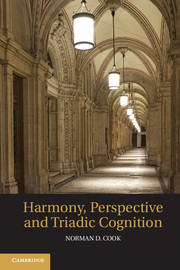7 - Other Human Talents
Published online by Cambridge University Press: 05 August 2012
Summary
The grounds for thinking that certain of the highest-level cognitive capacities of humankind involve three simultaneous processes have been outlined in Chapters 2 through 5. Tool use, language, visual art and music have identifiable triadic aspects that appear to be essential in elevating those talents to some of the most unusual forms of behavior on Earth – behaviors that other species rarely, if ever, exhibit. Despite denials by certain animal researchers (“Humanity’s special place in the cosmos is one of abandoned claims and moving goalposts,” DeWaal, 2005, p. 188), our special cleverness is there to be seen by anyone willing to look. But that much is obvious. The main argument of these chapters has been that this cleverness is not something magical, mystical or metaphysical, but rather an explicable form of cognition undertaken by the human brain. The human brain is unusual in identifiable ways.
In fact, various authors have defended related ideas about “triadic perception” and “triadic cognition” in diverse fields over many years. The most important of those insights have already been discussed, but there are still other unusual human talents that appear to have a triadic basis, a few of which are mentioned briefly later.
- Type
- Chapter
- Information
- Harmony, Perspective, and Triadic Cognition , pp. 307 - 328Publisher: Cambridge University PressPrint publication year: 2011



